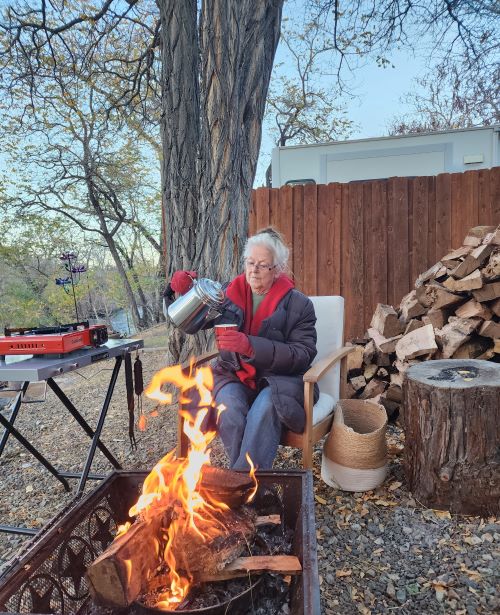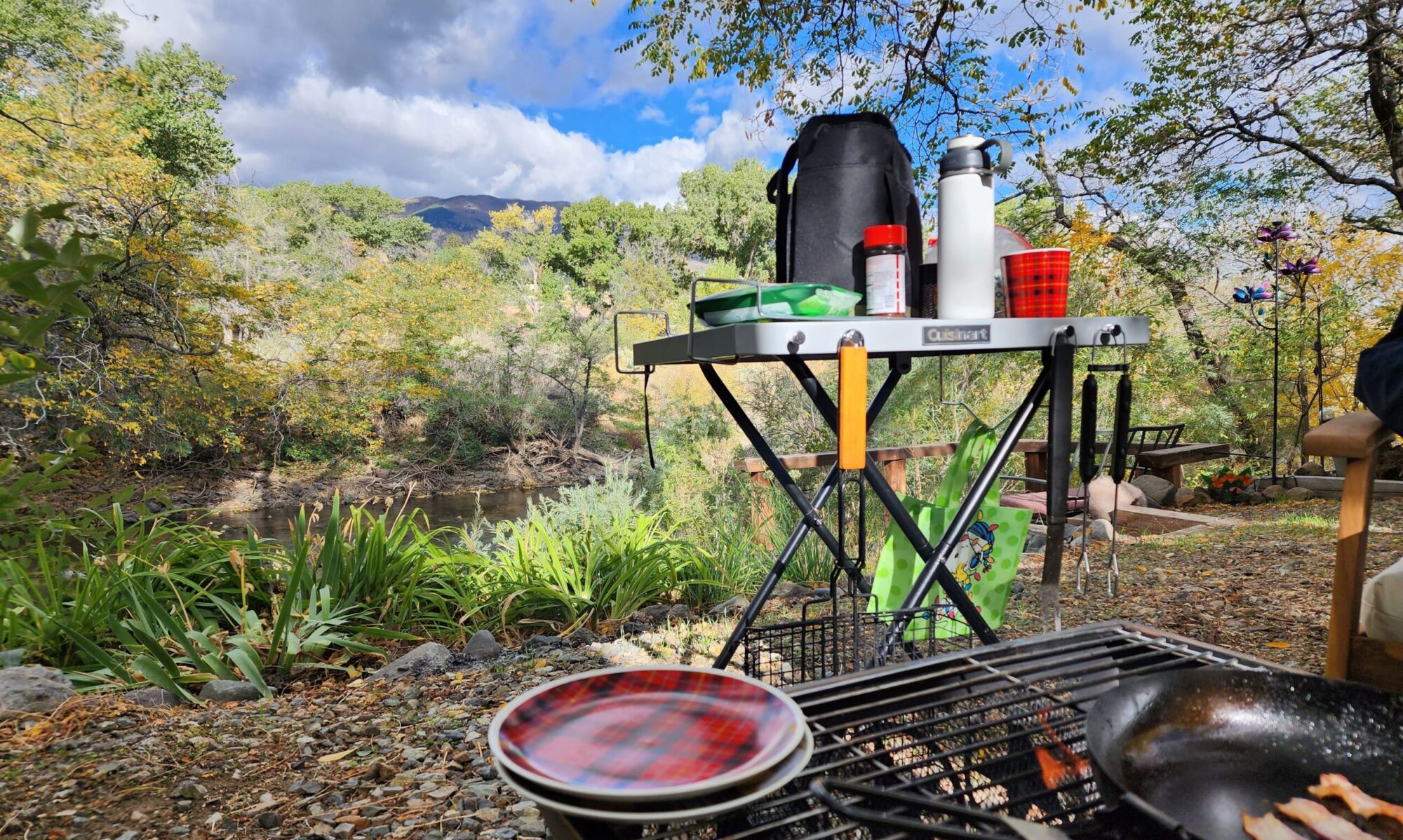Slow Travel
By Mr. M. Kameron Hawkins Editor-in-chief

Slow travel is a growing trend in the world of travel, where people are opting for a more mindful and immersive experience rather than rushing from one tourist attraction to another. It is a way of traveling that focuses on taking the time to truly experience a destination, its culture, and its people, rather than just ticking off a list of must-see sights.
The concept of slow travel is not a new one. In fact, it dates back to the ancient Greek philosopher, Epicurus, who believed in the importance of taking time to appreciate the simple pleasures in life. However, in today’s fast-paced world, the idea of slowing down and savoring every moment of a trip has become more relevant than ever.
One of the main principles of slow travel is to spend an extended period of time in a particular place, rather than rushing through multiple destinations in a short period. This allows travelers to fully immerse themselves in the local culture and way of life. Instead of merely observing, slow travelers become a part of the community, getting to know the locals and their way of life.
Another aspect of slow travel is the use of sustainable and eco-friendly practices. This includes supporting local businesses, using public transportation or walking instead of flying, and minimizing waste. This not only benefits the environment but also allows travelers to have a more authentic and responsible experience.
One of the main benefits of slow travel is the opportunity to truly disconnect from the stresses of everyday life. By slowing down and being present in the moment, travelers can relax and recharge, which is often the main purpose of a vacation. This can also lead to a deeper appreciation for the destination and a better understanding of its history and culture.

In contrast, fast-paced travel can often leave travelers feeling exhausted and overwhelmed, with little time to truly appreciate the places they visit. It can also have a negative impact on the environment and local communities, as the constant influx of tourists can cause overcrowding and damage to natural sites.
Slow travel is also a more cost-effective way of exploring the world. By staying in one place for a longer period, travelers can save on transportation costs and accommodation expenses. This makes it a more accessible option for those on a budget, as well as for families and larger groups.
While slow travel may not be for everyone, it has gained a significant following in recent years, especially among millennials and Gen Z travelers who prioritize experiences over material possessions. It allows for a more meaningful and authentic travel experience, fostering a deeper connection with the destination and its people.
In conclusion, slow travel is not just a way of traveling, but a mindset. It encourages travelers to embrace a slower pace of life and to savor every moment of their journey. It also promotes responsible and sustainable travel practices, which are crucial in today’s world. So next time you plan a trip, consider slowing down and immersing yourself in the local culture – you may be pleasantly surprised by the experience.
